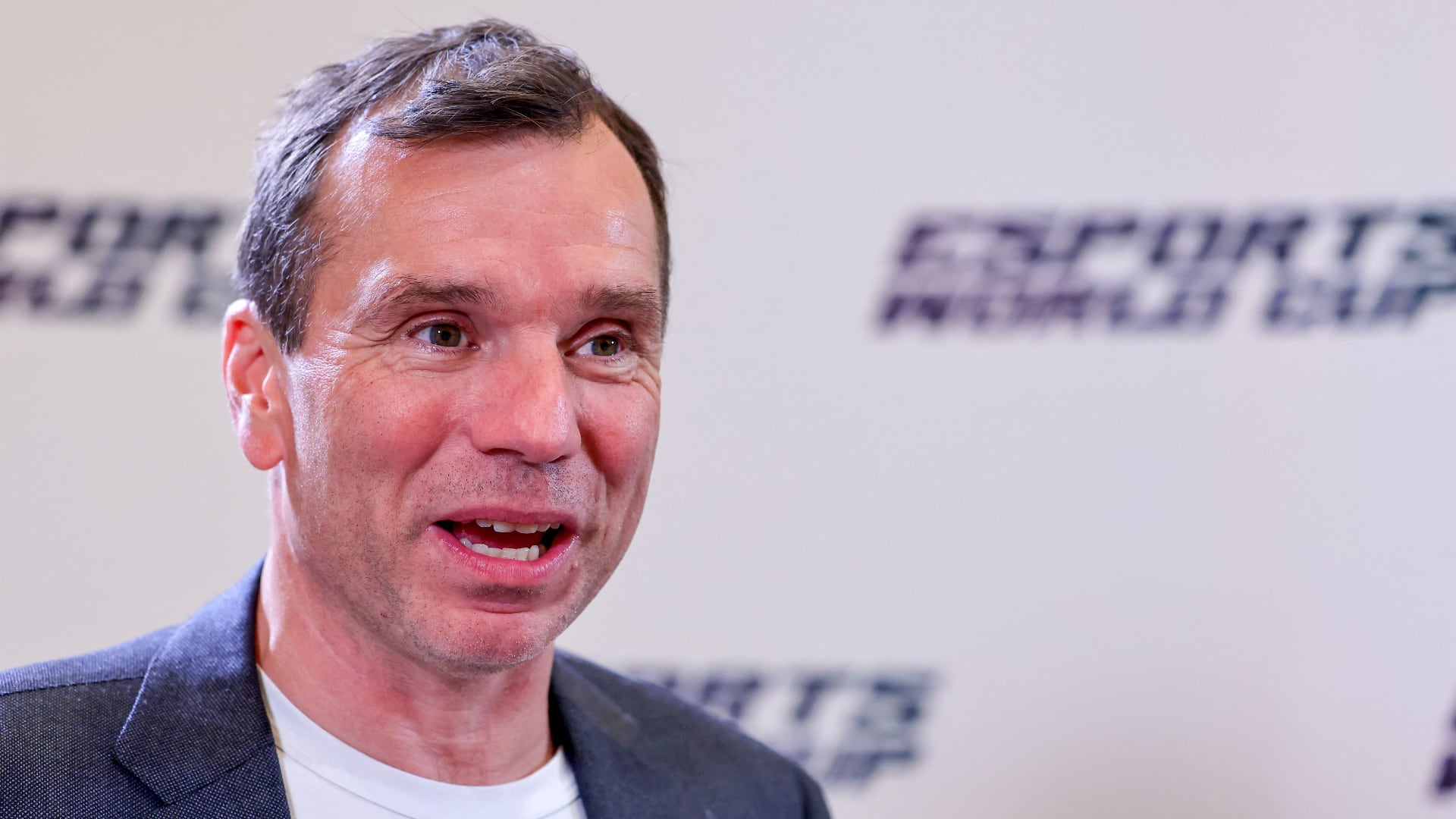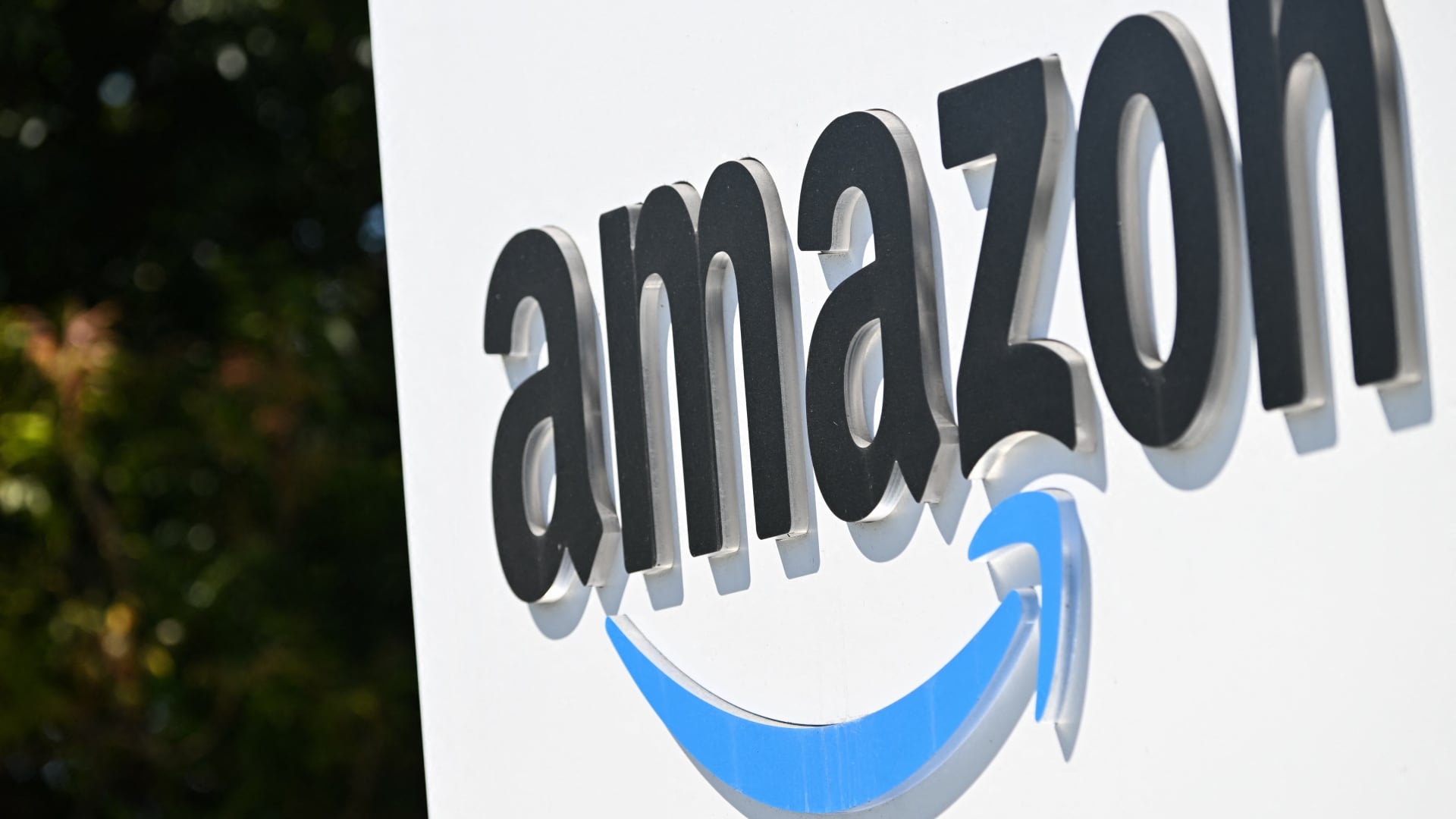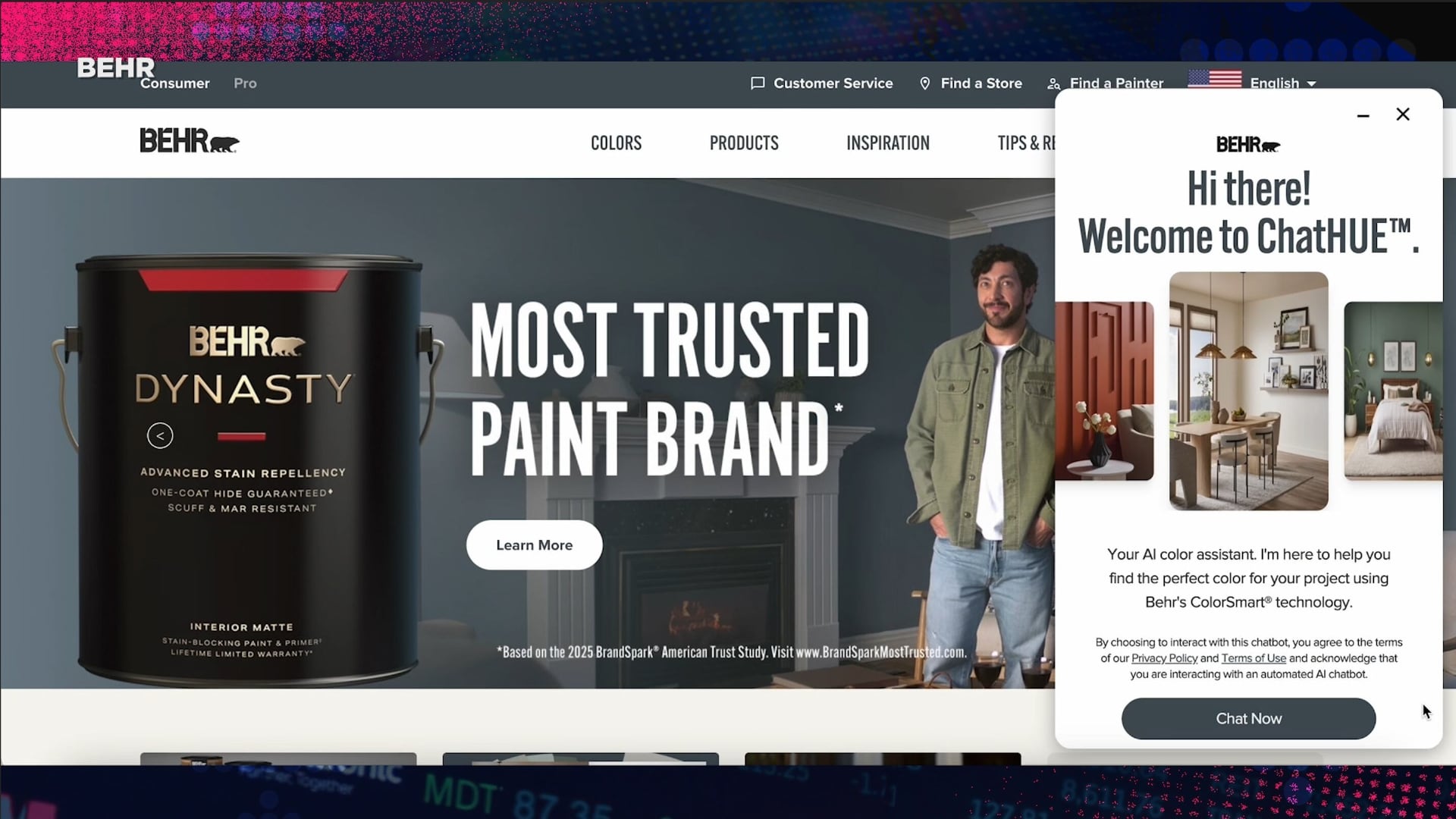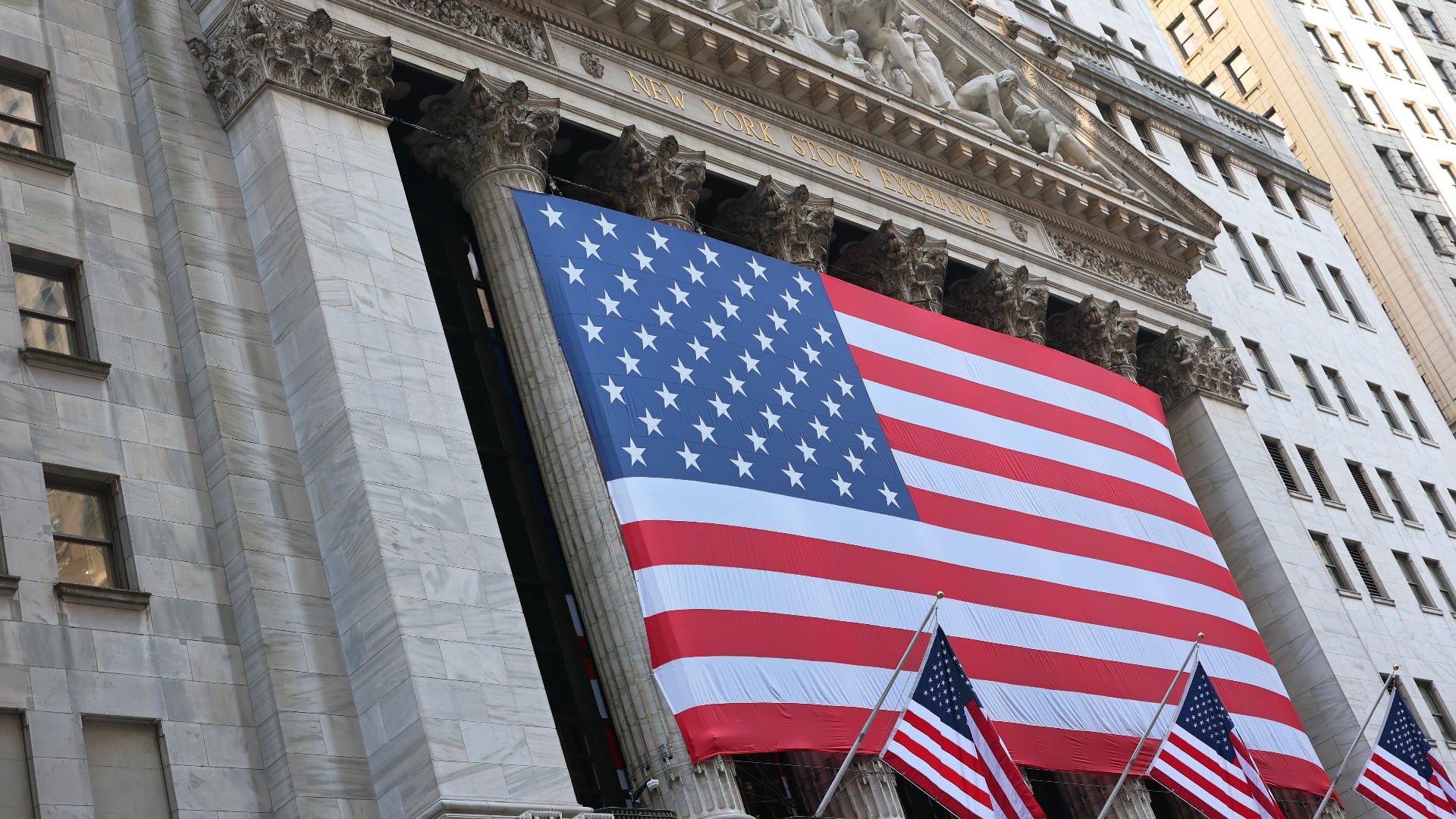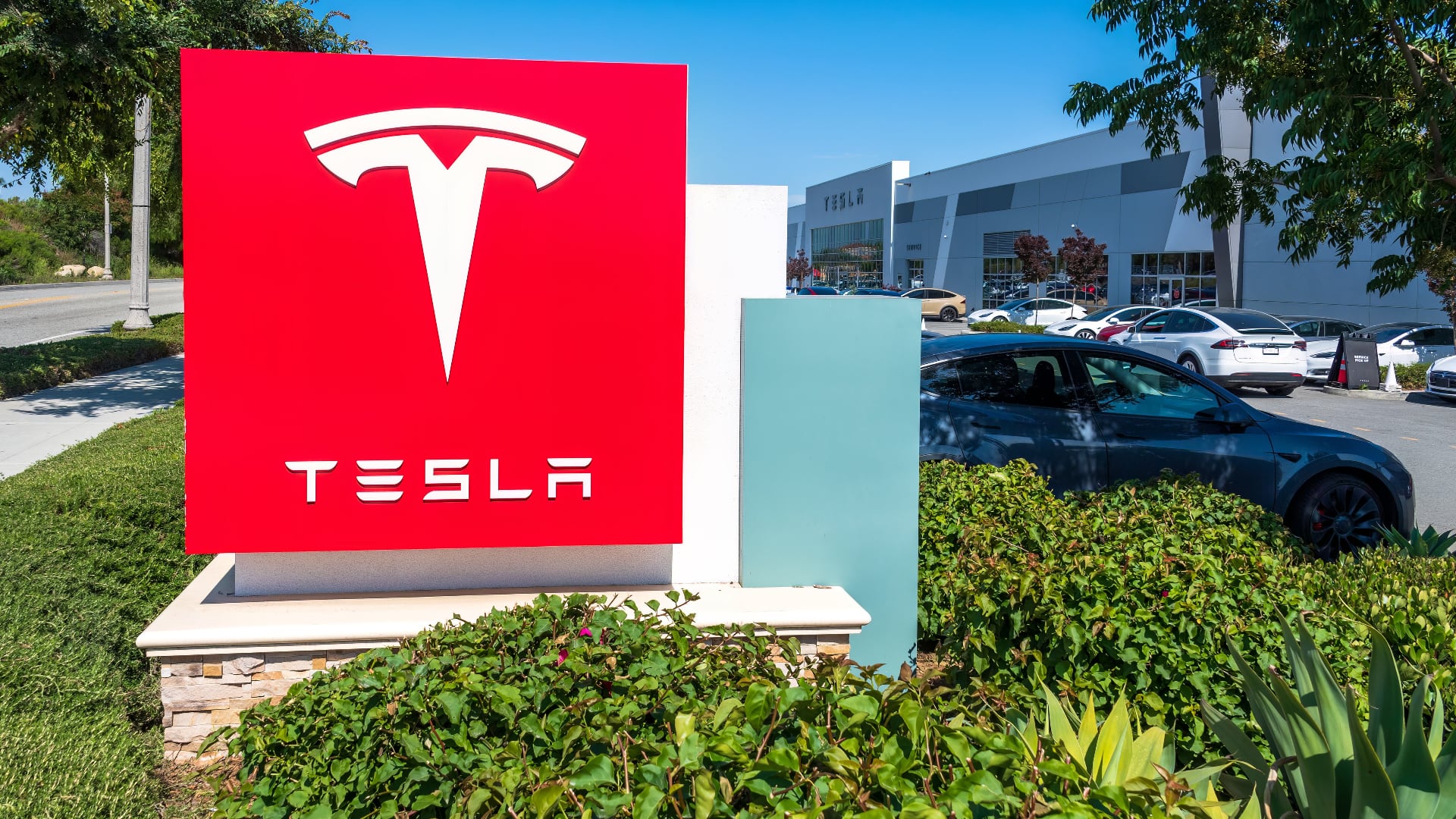*By Chloe Aiello* Markets whipsawed Thursday as the Dow reversed course twice to erase a more than 600-point loss and end the day up 260 points. It was the largest swing since 2008 and follows another day of record volatility on Wednesday, when the Dow swung 1,000 points to book the largest single-day point gain in its history. The tech-heavy Cheddar 50 Index, which measures the performance of Cheddar's 50 top companies ー from Apple ($AAPL) to GM ($GM) ー closed down slightly on Thursday. The index was dragged by Viacom ($VIAB), Nvidia ($NVDA), and Tesla ($TSLA), while GoPro ($GPRO), Salesforce ($CRM) and Chipotle ($CMG) were the index's top performers. Meanwhile, the Dow Jones Industrial Average closed up 260 points, or 1.14 percent, making for a stunning 870-point reversal from previous lows. The S&P 500 recovered an additional 0.86 percent, while the Nasdaq also crossed into positive territory just before the bell, closing up 0.38 percent. Glenn Hall, chief editor for Dow Jones Newswires, said some of the volatility could be blamed on market over-corrections. He said Wednesday's rally was to be expected after the Dow's 650-point plunge [on Christmas Eve](https://cheddar.com/videos/dow-plunges-650-points-on-christmas-eve-amid-d-c-chaos). "The levels had reached a lower level than the fundamentals would support. And that we are getting ahead of the economy expecting a decline, some people talking about a recession. It is too soon to have those conversations so the markets were getting a little ahead of that," Hall said. But beyond the over-correction, algorithmic trading is at least partially to blame for the volatility. "Something like 85 percent of all the trading is being done programmatically, so anytime there is a bit of a movement, you are going to see that amplified by that kind of trading," Hall told Cheddar on Thursday. "Some of the \[algorithms\] haven't been around long enough to deal with this kind of volatility." Dan Geltrude, financial advisor and founder of Geltrude & Company, told Cheddar on Thursday that algorithms that emphasize trading over investing push the markets into uncharted territory. "These algorithms take the emotion out of the market and out of trading, but to me it also takes some of the human intelligence out of it as well," Geltrude said. As a result, he said volatility may be the new normal. "I really do believe this may be the new type of market ー this is not your father's stock market anymore," he said. Of course, there is more to the market jitters than defensive algorithms. The partial government shutdown, ongoing trade tensions with China, and the Federal Reserve's recent rate hikes, and Trump's inquiry concerning the removal of Chairman Jerome Powell certainly aren't helping to calm investors' nerves. Thursday marked the sixth day of a partial government shutdown that sent some federal workers off on the holiday weekend with no indication of when their next paycheck might arrive. President Trump and Congress haven't managed to work out their impasse over border wall funding in the U.S. budget. Analysts told The Wall Street Journal the real danger of a continued standoff between Trump and Congress comes with prolonged closure. If the shutdown lasts too long, businesses could start to lose confidence in the government and pull back on investment and hiring. Geltrude said he didn't feel these issues represented long-term threats to the markets' health. He anticipates Powell will remain Fed Chair, China will be forced to strike a trade deal, and retail numbers for the close of 2018 will prove strong. "Once that starts to come together ... I see good news ahead for us. That's why I'm saying we are not going to stay in bear territory," he added. For full interview [click here](https://cheddar.com/videos/dow-posts-historic-rally-markets-sink-next-day).


